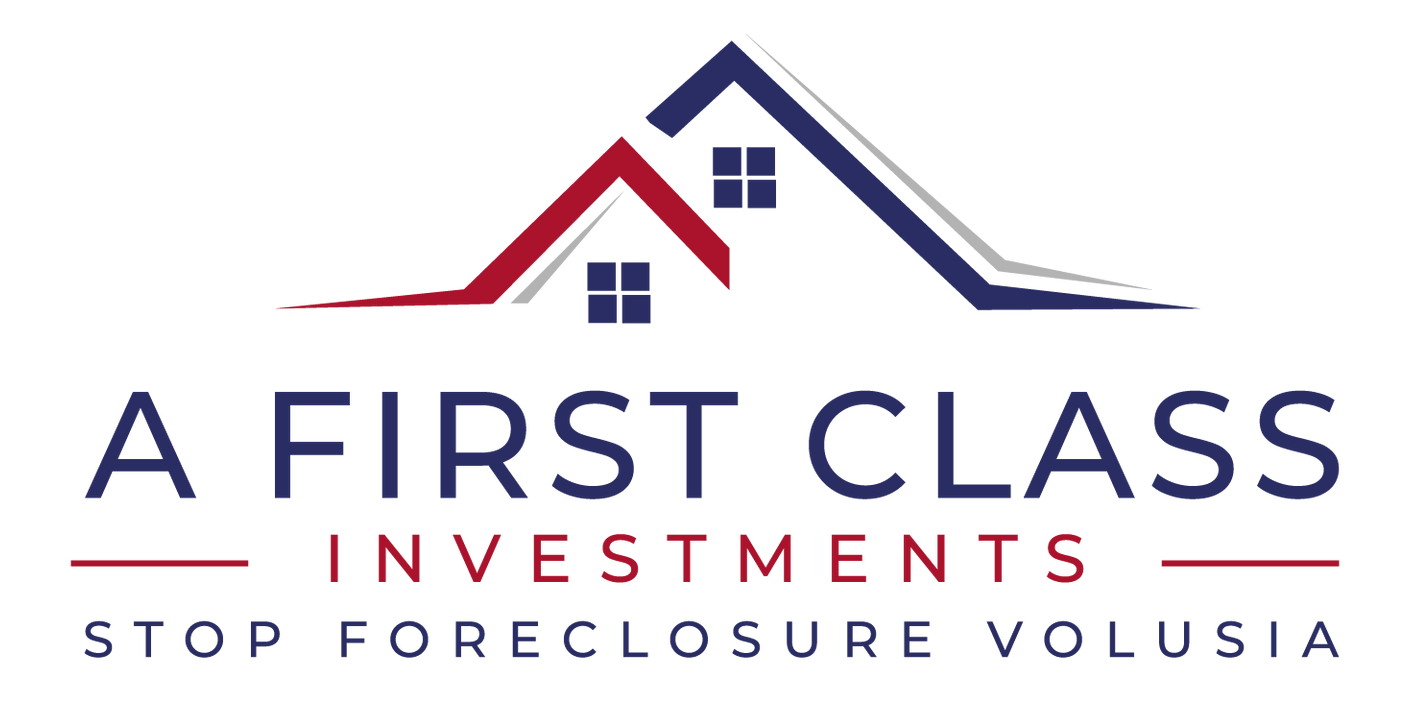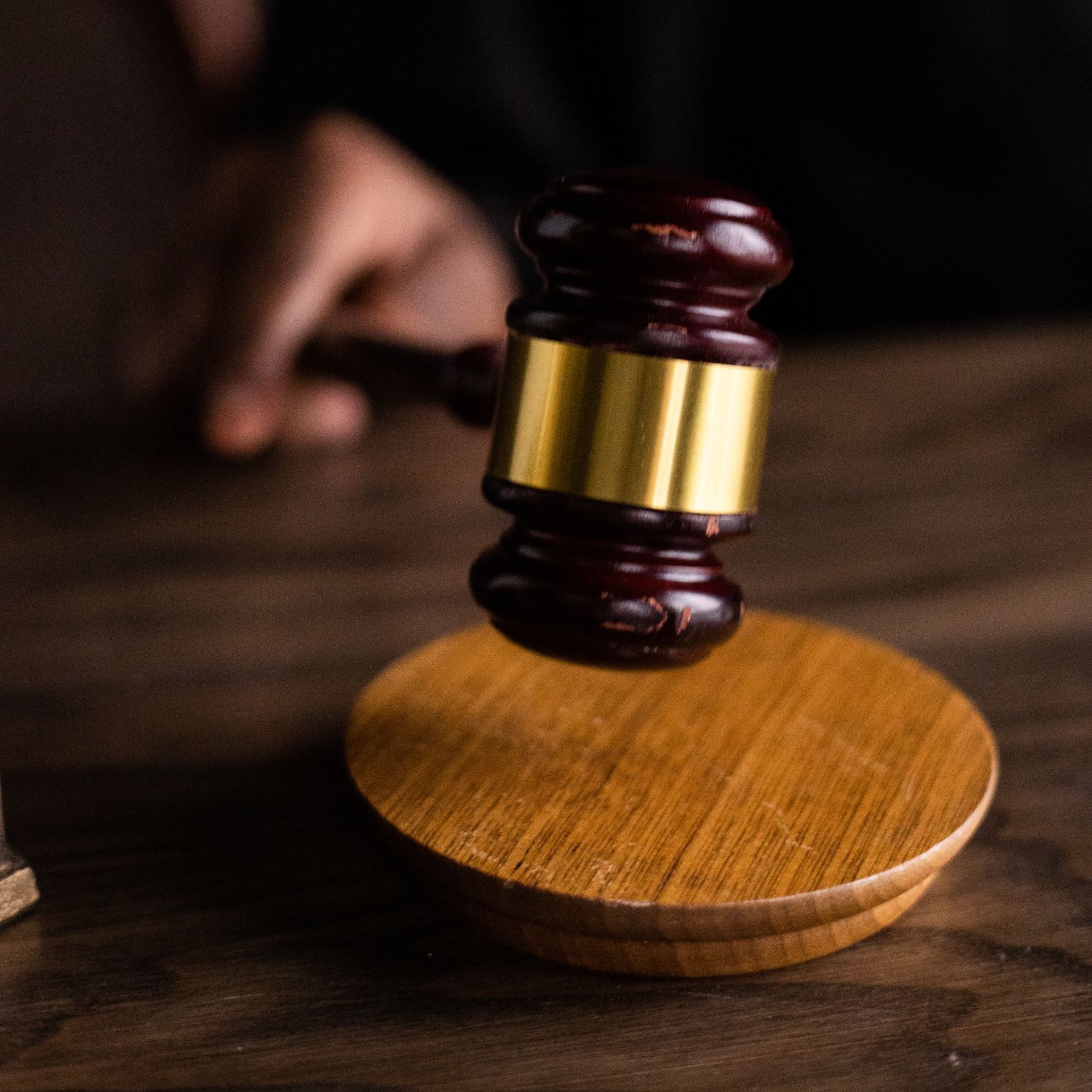LEGAL SUPPORT & OPTIONS
Facing foreclosure can be a daunting and overwhelming experience. However, homeowners have legal options that can serve as powerful shields against the foreclosure process. In this comprehensive guide, we will explore how legal strategies, such as scrutinizing mortgage documents and considering bankruptcy, can help homeowners in Volusia County stop foreclosure.
LEGAL HELP TO STOP FORECLOSURE IN VOLUSIA
VOLUSIA FORECLOSURE LEGAL HELP CHECKLIST
The following checklist may be helpful if you're planning to meet with a Volusia Attorney and are considering filing for bankruptcy. The attorney will likely give you a detailed list of all items you need, but this is a good starting point.
1. Financial Documents
- Recent pay stubs: Provide your most recent pay stubs or proof of income to help assess your financial situation.
- Tax returns: Gather your tax returns for the past few years to provide a comprehensive view of your financial history.
- Bank statements: Prepare several months' worth of bank statements for all your accounts, including checking, savings, and any investment accounts.
- Credit card statements: Collect statements for all credit cards and other outstanding debts.
- Documentation of assets: List all your assets, including real estate, vehicles, personal property, and any valuable items.
- Debt summary: Prepare a detailed list of your debts, including outstanding balances, interest rates, and creditor information.
2. Property Information
- Mortgage documents: Bring copies of your mortgage agreement, promissory note, and any loan modification or forbearance agreements.
- Property appraisal: If available, provide recent property appraisals or assessments to determine the current value of your home.
- Foreclosure notices: Bring any foreclosure-related notices or communications you've received.
3. Budget and Expenses
- Monthly budget: Prepare a detailed monthly budget that outlines your income and all necessary expenses, including mortgage payments, utilities, groceries, and transportation costs.
- List of assets and exemptions: Identify assets you intend to keep, such as your primary residence, and understand the bankruptcy exemptions available to protect them.
4. Legal Documents
- Any legal actions: If you've been served with legal documents related to foreclosure or debt collection, bring copies of these documents.
- Bankruptcy-related documents: If you've started any bankruptcy-related paperwork previously, provide these documents for review.
5. Questions and Concerns
- Prepare a list of questions and concerns you have about bankruptcy, the foreclosure process, and potential outcomes. This will ensure you get all the information you need during your meeting with the attorney.
6. Personal Identification
- Bring a government-issued photo ID, such as a driver's license or passport, for identification purposes.
7. Notes
- Consider bringing a notepad and pen to take notes during your meeting with the attorney. You'll want to record important information and advice provided during the consultation.
8. Consultation Fee
- Confirm the attorney's consultation fee and be prepared to pay it, if applicable, at the beginning of your meeting.
9. Timeline
- Be ready to discuss any upcoming deadlines or time-sensitive matters related to your foreclosure or financial situation.
10. Open and Honest Communication
- Be open and honest with your attorney about your financial circumstances. Transparency will help them provide the best guidance and options tailored to your situation.
Remember that this checklist is a general guideline, and the specific requirements may vary depending on your attorney and your unique circumstances. It's essential to follow your attorney's guidance and provide any additional information they request during your initial consultation.




